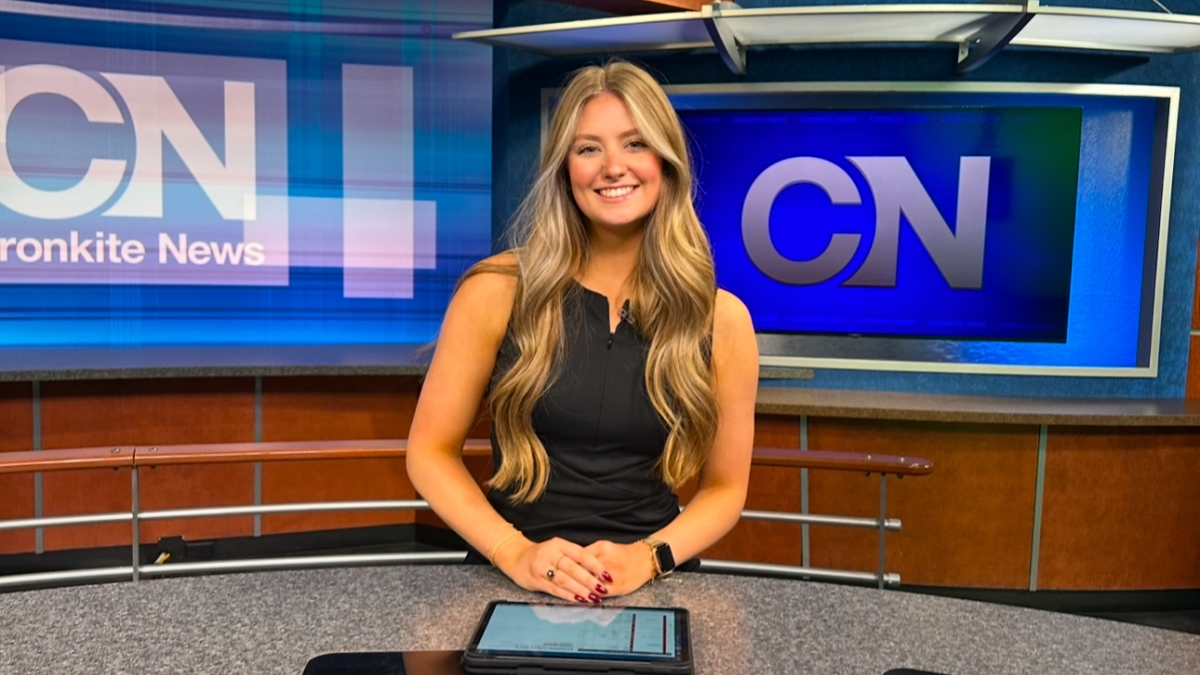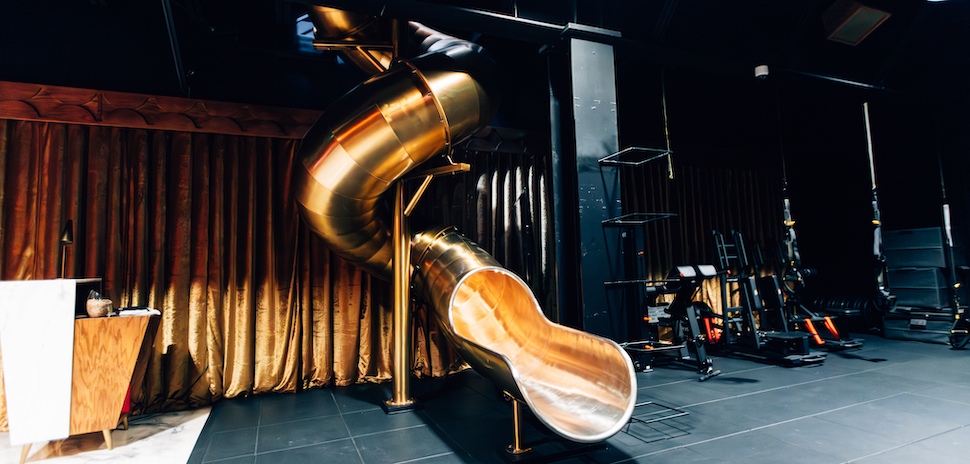Sports
Outstanding Undergraduate Student continues her sports journalism path

Editor’s note: This story is part of a series of profiles of notable fall 2024 graduates.
Kendall Flynn’s father was a high school football coach while she was growing up in Colorado Springs, Colorado. She was always surrounded by sports, but when she enrolled at the Walter Cronkite School of Journalism and Mass Communication, sports journalism was not her focus. She enrolled as a journalism and mass communication major.
But during Welcome Week of her first year, a student tour guide told her about the opportunities sports journalists have at the Cronkite School. Flynn then decided to change her major to sports journalism the day before classes started.
She has since balanced her schoolwork with part-time jobs, student organizations, internships and the Cronkite News capstone experience.
Having a passion for journaling and writing, alongside a life surrounded by sports, the combination of the two was a perfect fit for Flynn.
At the Cronkite School convocation this month, Flynn will receive the Outstanding Undergraduate Student award. Before that, she spoke on her time at Cronkite and her post-graduation plans.
Note: The interview has been edited for clarity and brevity.
Question: Why did you choose ASU?
Flynn: My dad works in the car business, so they work with a lot of news stations to put commercials up. But he had asked someone at a news station, ‘Where’s the best place to go for journalism school? My daughter’s interested.’ They said Cronkite.
Q: Which professor taught you the most important lesson while at ASU?
A: My favorite professor so far has been Paola Boivin. She just embodies what it means to be a sports journalist. She loves her job, and she’s been involved in so many things. I was just in the (Cronkite News Phoenix Sports) bureau this semester, and she’s such an encouraging person. I was a digital sports reporter, so she was really helpful when it came to pitching story ideas. I was on the GCU beat, so trying to figure out how to work on my beat, but also tell stories that hadn’t been told before. She’s a great professor.
I also had Todd Merkow for Advanced Issues in 21st-Century Sports and Media. I loved his class, and I loved him as a professor. He makes you look at the business side of sports, which is an interesting take, especially in journalism. When you write about sports, you’re really talking about the game and the people, but not a lot of journalists focus on the business side. There’s so much to the business side like name, image and likeness and TV rights.
Q: What’s the best piece of advice you’d give to those still in school?
A: Try out as many things as possible. I didn’t know what field I wanted to go into when I came in freshman year, if I wanted to be broadcast, writing or anything like that; I had no clue. So dip your toes into all different aspects of journalism, get yourself in a club where you can do that, and just try out as many things as possible. Who knows? You could end up in a job you have no clue you could get. But it also will benefit you to not only focus on one field but to just try out as many as possible.
Q: What are your plans after graduation?
A: I have signed an offer with a news station in Palm Springs, California. They’re under the News-Press & Gazette ownership with KESQ. So I’ll be a multimedia journalist starting in January.
Q: If someone gave you $40 million to solve one problem on our planet, what would you tackle?
A: I would use it to help anyone who doesn’t have the means to eat or have shelter.










